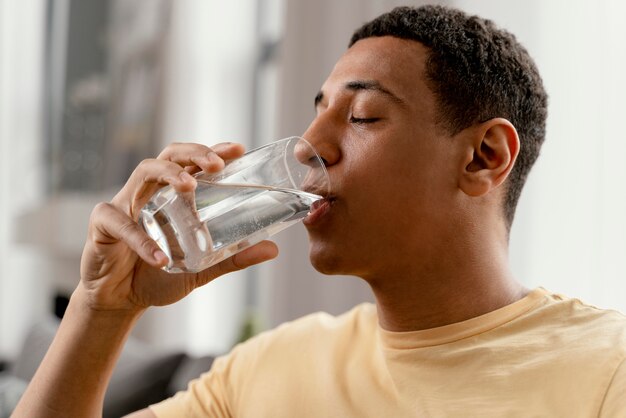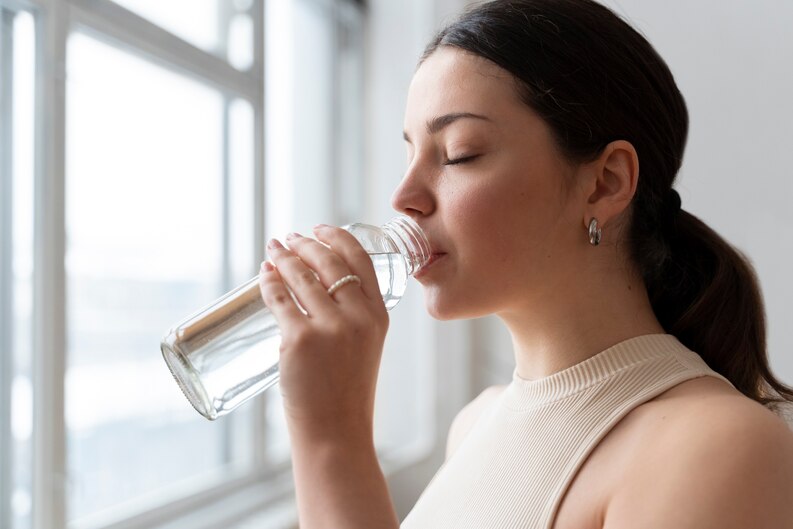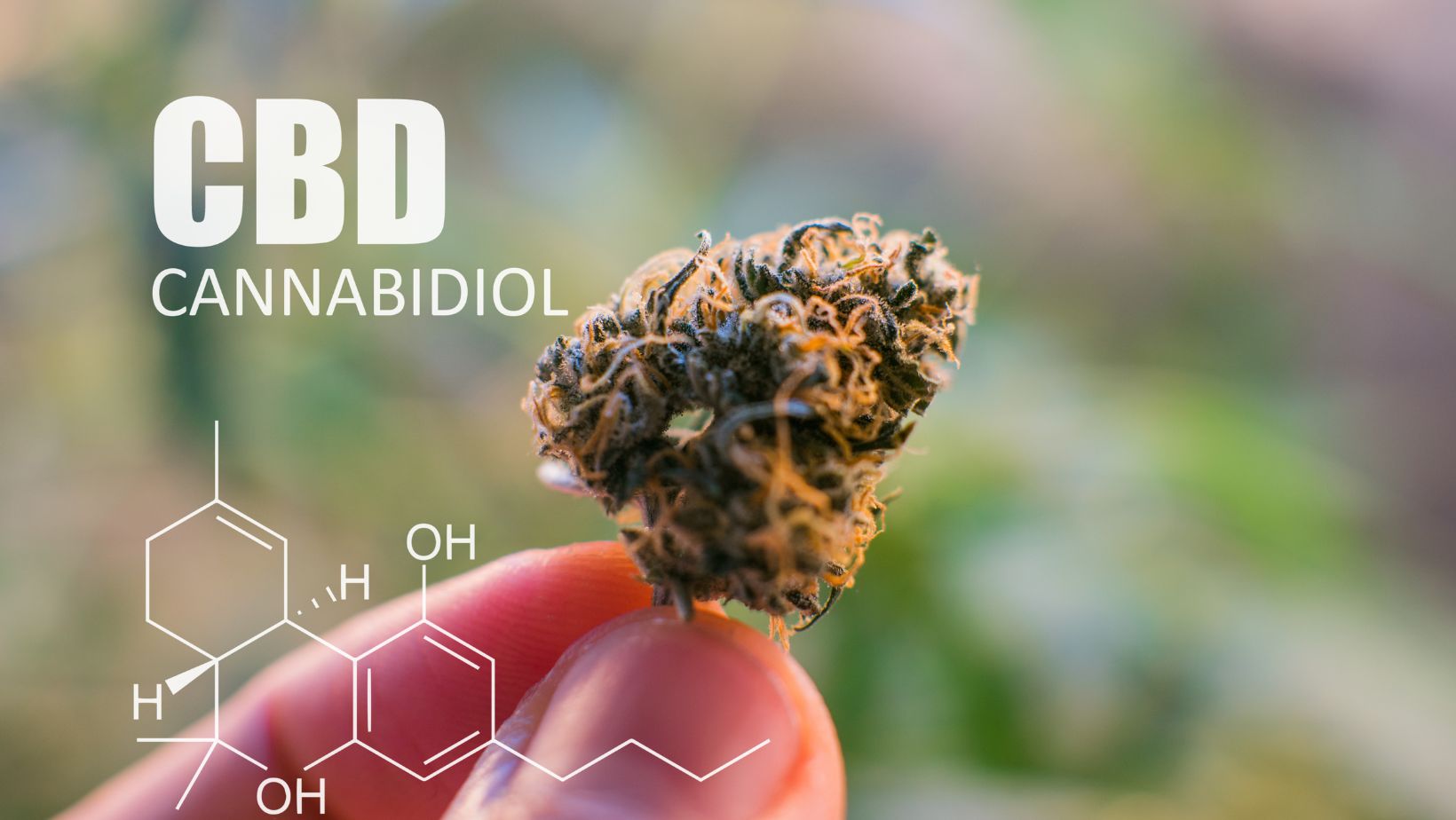Water, the elixir of life, is essential for our well-being in countless ways. Yet, many of us underestimate its importance. In this comprehensive article, we will explore 15 incredible benefits of drinking water and delve into fascinating water facts that will leave you amazed.

1. Hydration for Vitality
Water is the cornerstone of our existence. It keeps our bodies hydrated, ensuring the proper functioning of every cell, tissue, and organ. When adequately hydrated, you’ll feel more energetic and alert.
2. Weight Management
Drinking water before meals can help control your appetite, leading to reduced calorie intake. Plus, it boosts your metabolism, aiding in weight management.
3. Healthy Skin
Water is your skin’s best friend. It moisturizes, nourishes, and maintains its elasticity, leaving you with a radiant complexion.
4. Detoxification
Water is a natural detoxifier, flushing out toxins from your body and supporting your liver and kidneys in their cleansing processes.
5. Improved Digestion
Adequate water intake promotes healthy digestion by breaking down food and aiding in nutrient absorption.
6. Cognitive Function
Staying hydrated enhances cognitive function, improving memory, concentration, and mental clarity.
7. Joint Health
Proper hydration lubricates joints and prevents conditions like arthritis.
8. Muscle Performance
Muscles function optimally when well-hydrated, reducing the risk of cramps and strains during physical activity.
9. Mood Stability
Dehydration can lead to irritability and mood swings. Drinking water keeps your emotions in check.
10. Regulated Body Temperature
Water helps regulate body temperature, preventing overheating during hot weather or exercise.
11. Immune Boost
A well-hydrated body is better equipped to fight off infections and illnesses.
12. Kidney Function
Water aids in filtering waste and toxins from the blood, supporting healthy kidney function.
13. Hangover Cure
After a night of indulgence, drinking water can help alleviate the symptoms of a hangover.
14. Prevents Headaches
Dehydration is a common cause of headaches. Drinking water can provide relief.
15. Healthy Hair
Water is essential for luscious locks, promoting hair growth and preventing dryness.
Now that we’ve explored the numerous benefits of drinking water let’s dive into some intriguing water facts that will deepen your appreciation for this precious resource.
How much drink water is good for health?
The amount of water you should drink for good health can vary depending on several factors, including your age, gender, activity level, and climate. However, a general guideline is to aim for about 8 cups (64 ounces) of water per day. This is often referred to as the “8×8” rule.
Here are some key considerations:
Individual Needs: Your water intake may need to be adjusted based on individual factors. If you’re physically active, live in a hot climate, or are pregnant or breastfeeding, you’ll likely need more water to stay properly hydrated.
- Thirst as a Guide: One of the best ways to gauge your water intake is to listen to your body. Thirst is a natural indicator that your body needs fluids. When you feel thirsty, it’s a signal that it’s time to drink water.
- Urine Color: The color of your urine can also be a helpful indicator of hydration. Pale, straw-colored urine is generally a sign of good hydration, while dark yellow or amber-colored urine may indicate that you need to drink more water.
- Balanced Diet: Keep in mind that you also get water from the foods you eat, particularly fruits and vegetables, which have high water content. So, maintaining a balanced diet can contribute to your overall hydration.
- Avoid Overhydration: While it’s important to stay hydrated, it’s also possible to overhydrate, a condition known as hyponatremia. This can occur when you drink excessive amounts of water, diluting the concentration of sodium in your blood. To avoid this, try to spread your water intake throughout the day rather than drinking large amounts all at once.
- Medical Conditions: Some medical conditions, such as kidney problems or heart conditions, may require you to limit your fluid intake. It’s important to follow any specific guidelines provided by your healthcare provider.
Conclusion
In summary, the “8×8” rule of 8 cups (64 ounces) of water per day is a good starting point for most people. However, it’s essential to listen to your body, adjust your intake based on your activity level and individual needs, and maintain a balanced diet. Staying adequately hydrated is crucial for overall health and well-being.





